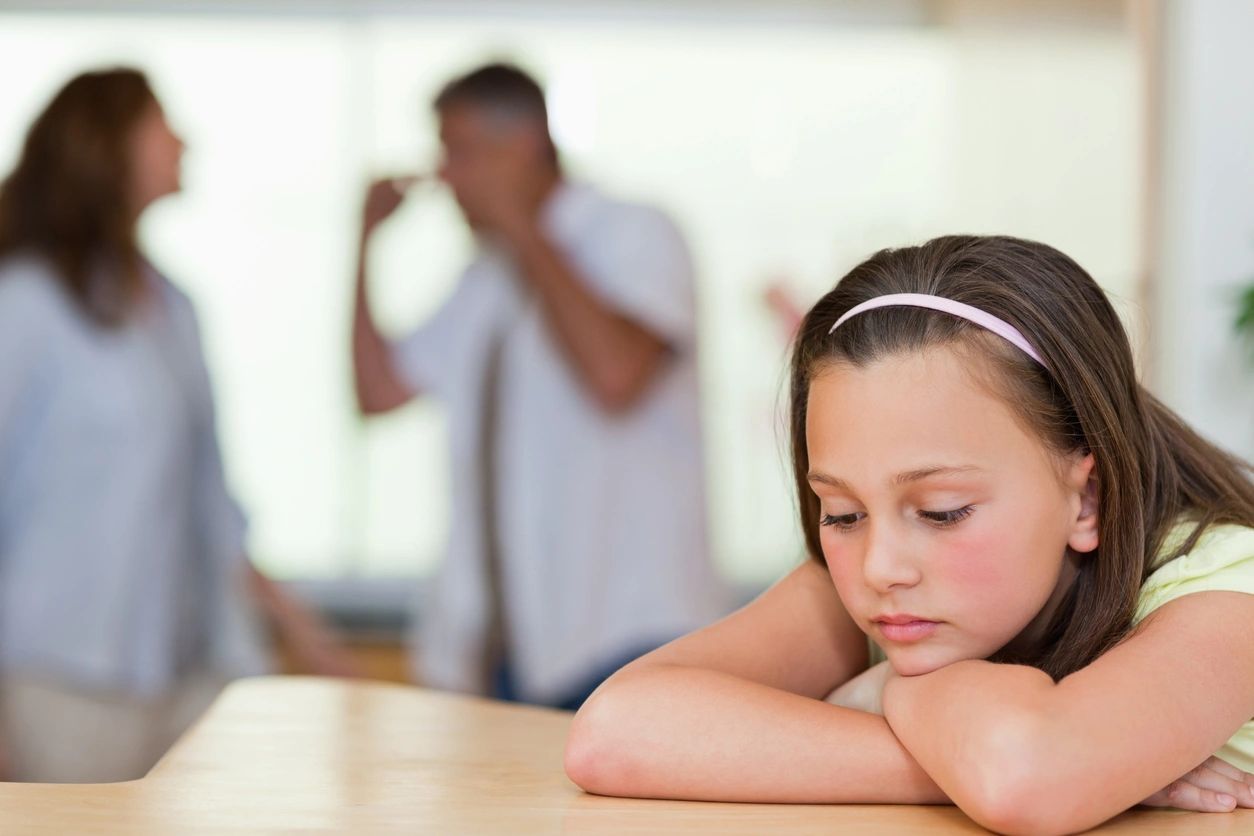One of the most difficult tasks any of us face is watching the struggle and suffering of those we love.
It is especially difficult and heart wrenching to watch a loved one suffer with an eating disorder. What makes it so difficult are its far reaching effects: physical, mental, emotional, social, and spiritual.
In helping a loved one suffering with anorexia, bulimia, or binge eating, I offer a few ideas to consider:
- Remember – eating disorders are complex and most often require many kinds of help. Don’t try to deal with this problem alone. Reach out to professionals and other loved ones while searching for answers.
- Ask your loved one for specifics about what they would like you to do and say and what not to do or say to best support their recovery.
- Ask questions about “the person” rather than questions about their “eating disorder”. Have a relationship with them – not their eating disorder. Even if they act as if 90% of their life is their ED, treat them as a person – not a behavior or an illness.
- Provide hope. Discouragement, fear and at times feelings of hopelessness are common to those suffering from eating disorders. These feelings don’t need fuel – but correction. There is hope, there is something worth encouraging. Find it and do some coaching. After listening, acknowledging, empathizing, and validating feelings, move on to ideas, hopes, and positive possibilities.
- Don’t blame yourself. It’s not your fault. Whatever your mistakes or weaknesses as a parent, spouse, or loved one, you did not create this eating disorder. Take ownership for your weaknesses and frailties, take stock of your talents, gifts, and resources, and get to work providing love, support, and open invitations for them to come into a safe relationship with you as they are ready.



